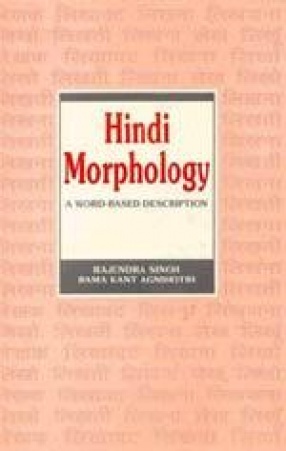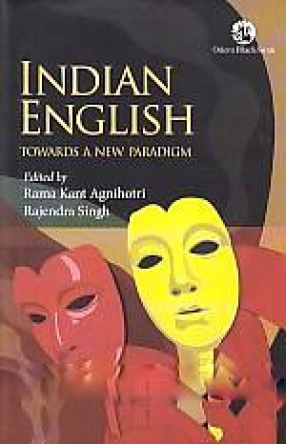
Rajendra Singh

Showing all 9 books


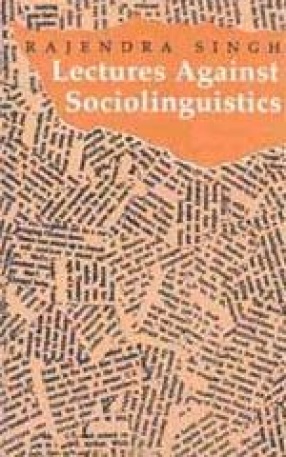

The book contains scholarly writings on the status and structure of the English language and its place in the language ecology of India. It deals with the grammatical and socio-linguistic and socio-political aspects relating to the significance of English in India and evolution of Indian English. They study the different varieties of English, focusing on the importance of English in post-colonial contexts. They include attempts to question the dichotomy of ...

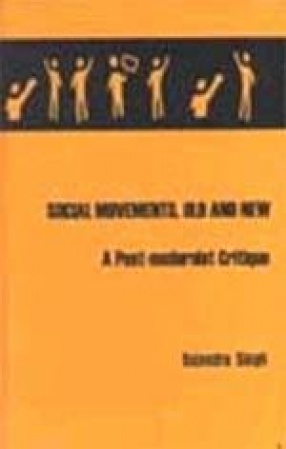
Contemporary Indian society is ridden with issues of conflict and the competing struggles of classes and communities. These conflicts are occurring in a society which, on the one hand, is lagging behind on the path of modernity and development but, on the other, has paradoxically and quickly produced all the cultural conditions which have encouraged the emergence of post-modernist struggles. Despite these developments, traditional sociology continues to view ...

South Asia is home to a large number of languages and dialects. The considerable body of linguists working on this region have made significant contributions to our understanding of language, society, and language in society on a global scale. Despite this, there has so far been no recognized international forum for the exchange of ideas amongst South Asian linguists. The Yearbook of South Asian Languages and Linguistics is designed to be just that forum. It ...


Lectures against Sociolinguistics exposes the very serious limitations of sociolinguistics as we know it. Its twelve lectures critically examine the standard sociolinguistic ways of exploring several intersections of human linguisticality and sociality (variability, inter-ethnic and cross-sex communication, language-contact, and 'native'/'non-native' speech, etc.). In addition, this book outlines a linguistically and sociologically less na?ve sociolinguistics. ...
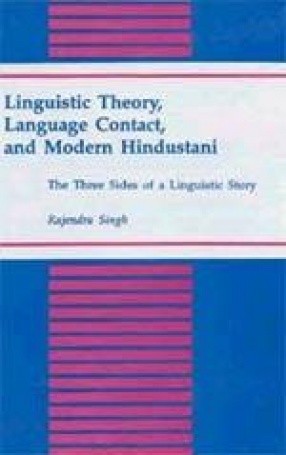
This book raises some important questions about formal linguistics and functionalist sociolinguistics when they encompass the same subject matter, linguistic borrowing and code-switching/mixing. These questions arise in the context of formalist and functionalist accounts of language contact and are tested here against some interesting Hindustani-English contact facts from India. The test reveals what these paradigms contribute to our understanding of language ...

